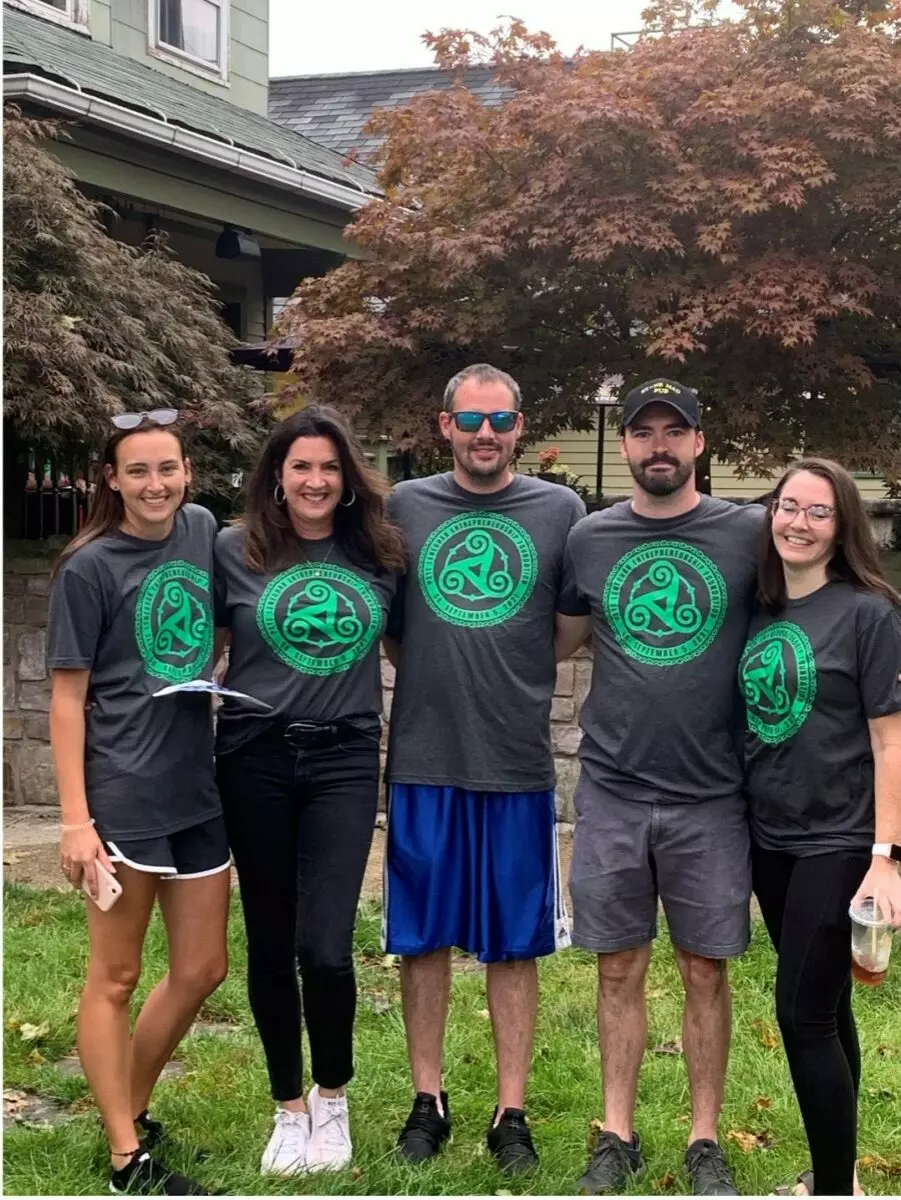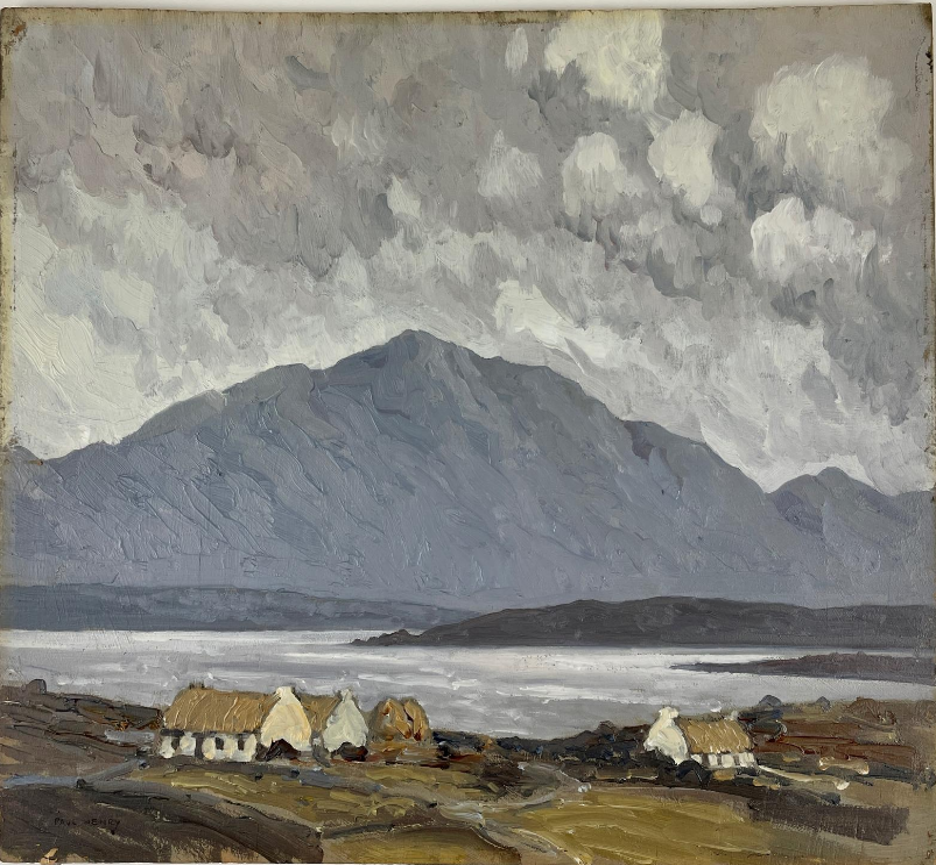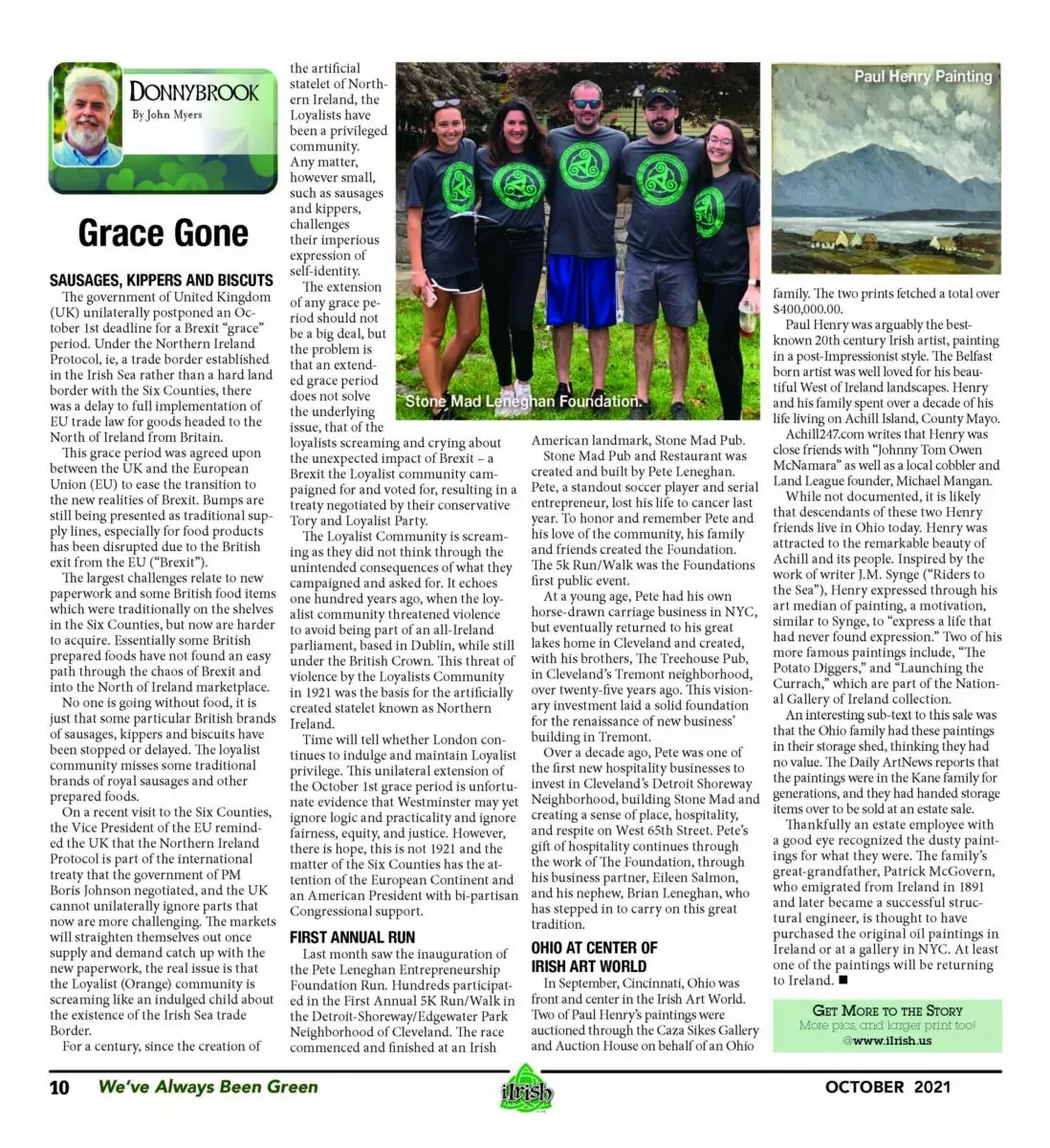
Donnybrook: Grace Gone
By John Myers
Sausages, Kippers, and Biscuits
The government of the United Kingdom (UK) unilaterally postponed an October 1st deadline for a Brexit “grace” period. Under the Northern Ireland Protocol, ie, a trade border established in the Irish Sea rather than a hard land border with the Six Counties, there was a delay to full implementation of EU trade law for goods headed to the North of Ireland from Britain.
This grace period was agreed upon between the UK and the European Union (EU) to ease the transition to the new realities of Brexit. Bumps are still being presented as traditional supply lines, especially for food products has been disrupted due to the British exit from the EU (“Brexit”).
The largest challenges relate to new paperwork and some British food items which were traditionally on the shelves in the Six Counties, but now are harder to acquire. Essentially some British prepared foods have not found an easy path through the chaos of Brexit and into the North of Ireland marketplace.
No one is going without food, it is just that some particular British brands of sausages, kippers and biscuits have been stopped or delayed. The loyalist community misses some traditional brands of royal sausages and other prepared foods.
On a recent visit to the Six Counties, the Vice President of the EU reminded the UK that the Northern Ireland Protocol is part of the international treaty that the government of PM Boris Johnson negotiated, and the UK cannot unilaterally ignore parts that now are more challenging. The markets will straighten themselves out once supply and demand catch up with the new paperwork, the real issue is that the Loyalist (Orange) community is screaming like an indulged child about the existence of the Irish Sea trade Border.
For a century, since the creation of the artificial statelet of Northern Ireland, the Loyalists have been a privileged community. Any matter, however small, such as sausages and kippers, challenges their imperious expression of self-identity.
The extension of any grace period should not be a big deal, but the problem is that an extended grace period does not solve the underlying issue, that of the loyalists screaming and crying about the unexpected impact of Brexit – a Brexit the Loyalist community campaigned for and voted for, resulting in a treaty negotiated by their conservative Tory and Loyalist Party.
The Loyalist Community is screaming as they did not think through the unintended consequences of what they campaigned and asked for. It echoes one hundred years ago, when the loyalist community threatened violence to avoid being part of an all-Ireland parliament, based in Dublin, while still under the British Crown. This threat of violence by the Loyalists Community in 1921 was the basis for the artificially created statelet known as Northern Ireland.
Time will tell whether London continues to indulge and maintain Loyalist privilege. This unilateral extension of the October 1st grace period is unfortunate evidence that Westminster may yet ignore logic and practicality and ignore fairness, equity, and justice. However, there is hope, this is not 1921 and the matter of the Six Counties has the attention of the European Continent and an American President with bi-partisan Congressional support.


First Annual Run
Last month saw the inauguration of the Pete Leneghan Entrepreneurship Foundation Run. Hundreds participated in the First Annual 5K Run/Walk in the Detroit-Shoreway/Edgewater Park Neighborhood of Cleveland. The race commenced and finished at an Irish American landmark, Stone Mad Pub.
Stone Mad Pub and Restaurant was created and built by Pete Leneghan. Pete, a standout soccer player and serial entrepreneur, lost his life to cancer last year. To honor and remember Pete and his love of the community, his family and friends created the Foundation. The 5k Run/Walk was the Foundations first public event.
At a young age, Pete had his own horse-drawn carriage business in NYC, but eventually returned to his great lakes home in Cleveland and created, with his brothers, The Treehouse Pub, in Cleveland’s Tremont neighborhood, over twenty-five years ago. This visionary investment laid a solid foundation for the renaissance of new business’ building in Tremont.
Over a decade ago, Pete was one of the first new hospitality businesses to invest in Cleveland’s Detroit Shoreway Neighborhood, building Stone Mad and creating a sense of place, hospitality, and respite on West 65th Street. Pete’s gift of hospitality continues through the work of The Foundation, through his business partner, Eileen Salmon, and his nephew, Brian Leneghan, who has stepped in to carry on this great tradition.
Ohio at Center of Irish Art World
In September, Cincinnati, Ohio was front and center in the Irish Art World. Two of Paul Henry’s paintings were auctioned through the Caza Sikes Gallery and Auction House on behalf of an Ohio family. The two prints fetched a total over $400 thousand dollars.
Paul Henry was arguably the best-known 20th century Irish artist, painting in a post-Impressionist style. The Belfast born artist was well loved for his beautiful West of Ireland landscapes. Henry and his family spent over a decade of his life living on Achill Island, County Mayo.

Achill247.com writes that Henry was close friends with “Johnny Tom Owen McNamara” as well as a local cobbler and Land League founder, Michael Mangan. While not documented, it is likely that descendants of these two Henry friends live in Ohio today. Henry was attracted to the remarkable beauty of Achill and its people. Inspired by the work of writer J.M. Synge (“Riders to the Sea”), Henry expressed through his art median of painting, a motivation, similar to Synge, to “express a life that had never found expression.” Two of his more famous paintings include, “The Potato Diggers,” and “Launching the Currach,” which are part of the National Gallery of Ireland collection.
An interesting sub-text to this sale was that the Ohio family had these paintings in their storage shed, thinking they had no value. The Daily ArtNews reports that the paintings were in the Kane family for generations, and they had handed storage items over to be sold at an estate sale.
Thankfully an estate employee with a good eye recognized the dusty paintings for what they were. The family’s great-grandfather, Patrick McGovern, who emigrated from Ireland in 1891 and later became a successful structural engineer, is thought to have purchased the original oil paintings in Ireland or at a gallery in NYC. At least one of the paintings will be returning to Ireland.





